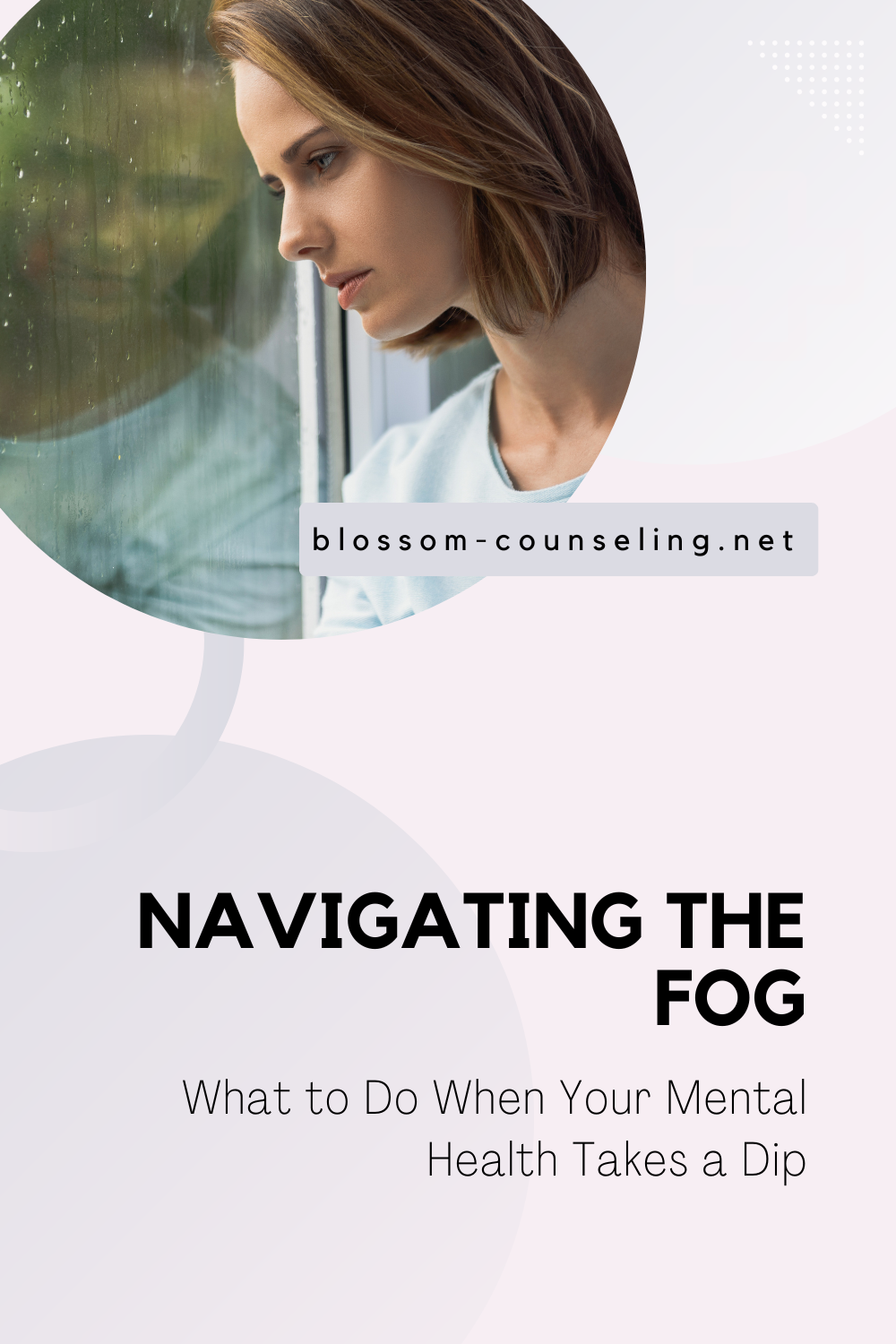
It’s like walking through a fog—everything seems blurred, your steps feel heavy, and the world around you feels a little less colorful. We’ve all had those days or even weeks where our mental health isn’t quite on point. Understanding these dips and knowing how to navigate them can make all the difference in our journey toward wellness.
Sometimes, the signs are subtle: a lack of motivation, a pervasive sense of fatigue, or just feeling a bit ‘off.’ Other times, they are as loud as a siren—constant irritability, overwhelming anxiety, or a deep-seated sadness. Recognizing these signs is the first step towards managing them, but what comes next?
Embrace the Power of Routine
When your mental state feels uncertain, anchoring yourself with a routine can provide a comforting structure. It’s not about packing your day with tasks but about creating small, manageable anchors that give your day predictability and rhythm. Perhaps it’s starting your morning with a warm cup of tea, taking a midday walk, or winding down at night with a book. These rituals become lighthouses in the fog, guiding you back to familiar ground.
Stay Connected
Isolation can often amplify the feelings of a mental health dip. Reaching out to friends or loved ones isn’t just about seeking support; it’s about reminding yourself of the world beyond your immediate thoughts and feelings. A chat about mundane things like the weather, a new recipe, or a TV show can be surprisingly uplifting.
Keep Moving
Physical activity is a powerhouse of mental health benefits. You don’t need to run marathons or hit the gym hard. A gentle yoga session, a brisk walk in the park, or just stretching exercises at home can boost your mood. The goal is to move your body, release tension, and stimulate the production of feel-good hormones.
Mind Your Mindset
During these times, the mind can be both your greatest ally and your biggest challenger. Practicing mindfulness or meditation can help quiet the mental chatter and bring a sense of calm and presence. It’s about observing your thoughts and feelings without judgment and allowing yourself to be in the moment, even if that moment isn’t perfect.
Explore Creativity
Engaging in creative activities can be a therapeutic way to express what words sometimes cannot. Whether it’s painting, writing, playing music, or even gardening, creativity acts as a release valve for bottled-up emotions and thoughts, transforming them into something tangible and often beautiful.
When to Seek Professional Help
It’s important to recognize when self-help strategies might not be enough. If the fog doesn’t lift and your mood starts to interfere with your daily life, it may be time to seek professional guidance. Mental health professionals can provide the tools and support to help you navigate through the mist more effectively.
Experiencing dips in mental health is a part of the human experience, but you don’t have to navigate it alone. Whether through self-care, the support of loved ones, or professional help, you can find your way back to clarity and vibrancy. Remember, every step you take, no matter how small, is a step towards brighter, clearer days.
|
|
Our team of compassionate therapists is here to help you find the support you need. We believe in a holistic approach, treating your mind, body, and spirit. With a blend of traditional and alternative therapies, we tailor your experience to meet your unique needs. At Blossom, we create a non-judgmental space where you can be your authentic self. Our goal is to empower you, amplify your strengths, and help you create lasting change. Together, we’ll navigate life’s challenges and help you bloom, grow, blossom! You deserve to become the best version of you.




